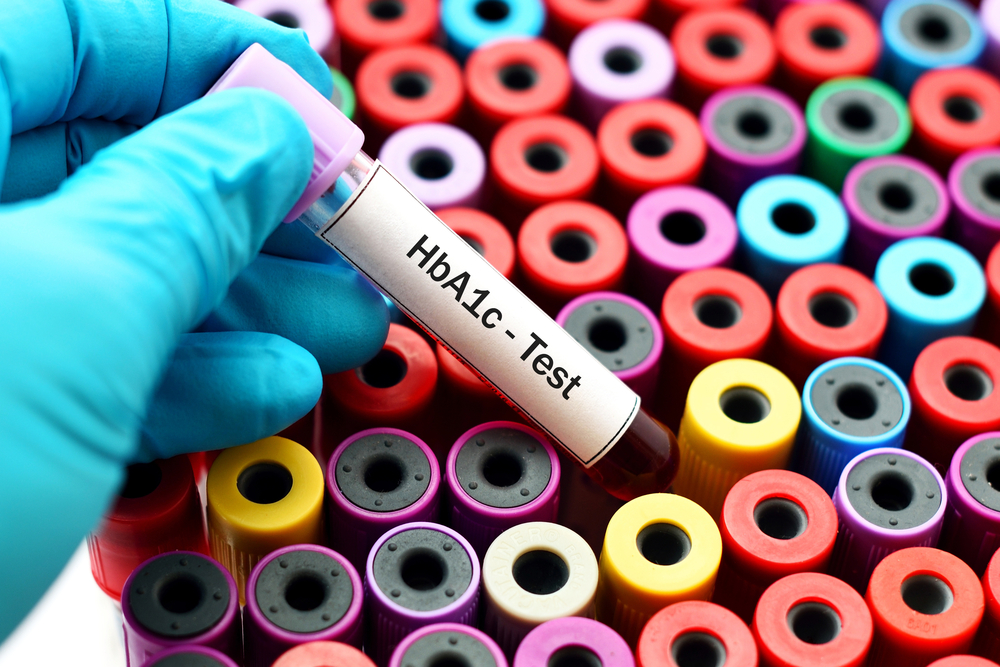Type 3 Diabetes: Causes and Symptoms

Diabetes mellitus, simply called diabetes, is a medical condition in which one’s body has trouble regulating blood sugar levels. There are three main recognised types of diabetes:
- Type 1 diabetes: It happens due to the destruction of insulin-producing cells in the pancreas.
- Type 2 diabetes: It happens due to less production of insulin or poor response of cells to insulin. It’s more common and results in too much sugar circulating in the blood.
- Gestational diabetes: It only occurs during pregnancy and involves the onset of high blood sugar levels, often clearing up after delivery.
Interestingly, some recent research indicates that Alzheimer’s disease can be a form of diabetes called type 3 diabetes. This blog will explain in detail what type 3 diabetes is, its causes, symptoms, and treatment.
What is Type 3 diabetes?
Type 3 diabetes is a term that some researchers have used to describe the theory that Alzheimer’s disease, a major source of dementia, is triggered by insulin resistance and dysfunction of insulin-like growth factors, but only in the brain.
The phrase type 3 diabetes has also been used to refer to individuals who have type 2 diabetes in addition to Alzheimer’s disease and dementia. However, it’s important to note that type 3 diabetes is not an officially recognised medical term endorsed by key national health bodies like the American Diabetes Association.
What causes type 3 diabetes?
In a 2008 review, researchers argued that Alzheimer’s is essentially a neuroendocrine disorder characterised by a reduction in insulin and insulin-like growth factor signalling. This decline in insulin-related processes can lead to oxidative stress and inflammation within the brain.
It was also stated that conditions like type 2 diabetes and obesity might contribute to the development of dementia. In fact, another study published in Diabetes Care in 2016 suggested that people with type 2 diabetes may have a 60% higher risk of developing Alzheimer’s or other dementias.
But these are not the sole causes of type 3 diabetes. Other potential factors or causes of the disease include:
- Birth weight
- Family history
- Ethnicity and race
- Genetics
- Stress
- Lack of physical activity
- A diet high in sugars, fats, and calories and low in fibre.
What are Type 3 diabetes symptoms?
Type 3 diabetes can certainly cause symptoms. These symptoms are the same ones associated with Alzheimer’s disease and other forms of dementia. They might develop for a reason unrelated to insulin.
As per the Alzheimer’s Association, its symptoms include:
- Memory loss that affects daily living and social interactions
- Difficulty completing familiar tasks
- Misplacing things often
- Decreased ability to make judgments based on information
- Sudden changes in personality or demeanour
How is type 3 diabetes diagnosed?
There’s no singular, definitive test for type 3 diabetes. Alzheimer’s disease is usually diagnosed based on a neurological exam, a medical history, and neurophysiological testing.
However, suppose an individual presents with symptoms of both type 2 diabetes and Alzheimer’s but has not been diagnosed with either condition. In that case, their healthcare provider may order diagnostic tests such as fasting blood glucose and glycated haemoglobin tests.
What is the management plan for type 3 diabetes?
Currently, there’s no cure for type 3 diabetes. However, based on the symptoms, medication may be given to slow the progression of the disease. In addition, certain lifestyle changes are recommended as a part of the type 3 diabetes treatment plan. These are similar to approaches used for type 2 diabetes that may help improve insulin sensitivity.
Potential management approaches may include:
- Following a healthy diet low in refined carbs and high in fruits, vegetables, and lean proteins
- Getting regular physical activity
- Maintaining a healthy body weight
- Medications that improve insulin sensitivity
- Cognitive training exercises
Type 3 diabetes is a hypothesised condition that links Alzheimer’s disease to insulin resistance in the brain. Maintaining a healthy lifestyle and properly managing type 1 or type 2 diabetes can potentially help minimise the risk of developing Alzheimer’s disease and type 3 diabetes later in life.
But if one does have type 2 diabetes, they must begin treatment for it immediately. Treating type 2 diabetes could minimise damage to the body, including the brain, and slow the progression of Alzheimer’s or dementia.
The first step, however, is getting tested for diabetes and related risk factors. Consult the doctor, book a diabetes test, and screen for insulin resistance.
FAQS
- What are the symptoms of type 3 diabetes?
Type 3 diabetes symptoms may resemble those seen in early Alzheimer’s disease. These include memory loss and difficulty completing familiar tasks.
- What foods should someone with type 3 diabetes eat?
The suggested type 3 diabetes diet includes foods recommended for Alzheimer’s disease, like vegetables, fruits such as blueberries and strawberries, whole grains, lean protein, and low-fat dairy.
- Can type 3 diabetes be reversed?
There is no known cure for the hypothesised “type 3 diabetes.” However, medications are available that may prolong life for someone with this condition. Unlike prediabetes and standard diabetes, it’s not possible to reverse type 3 diabetes.















